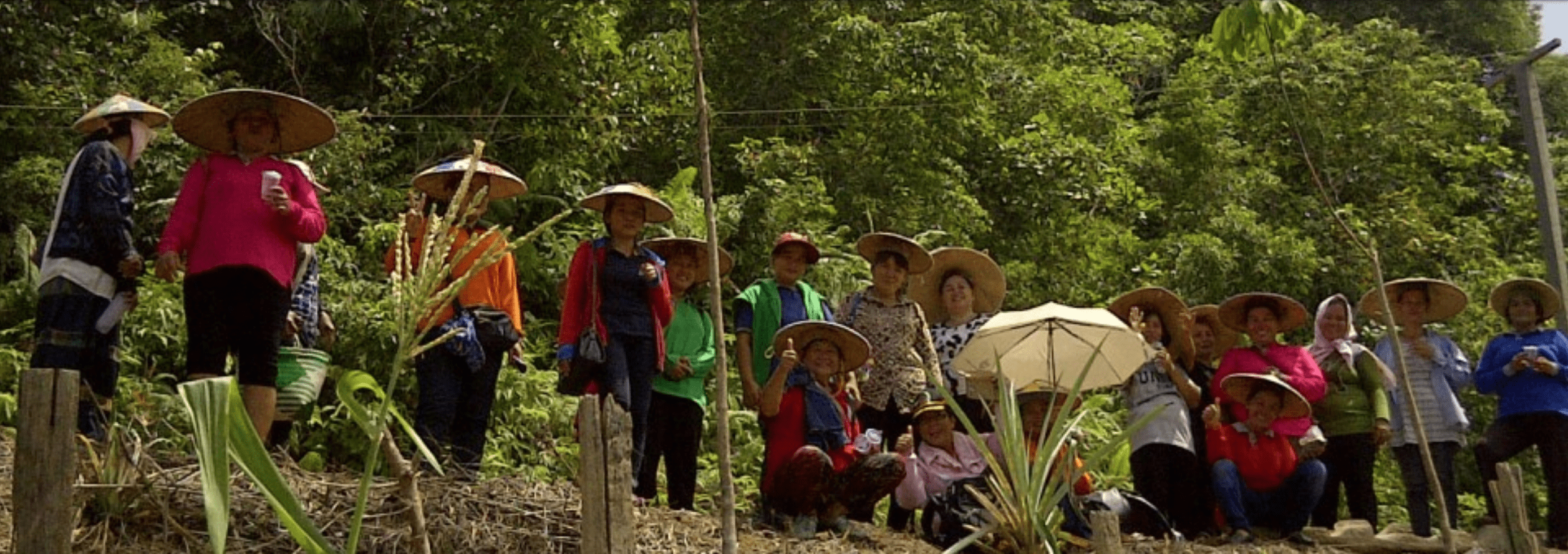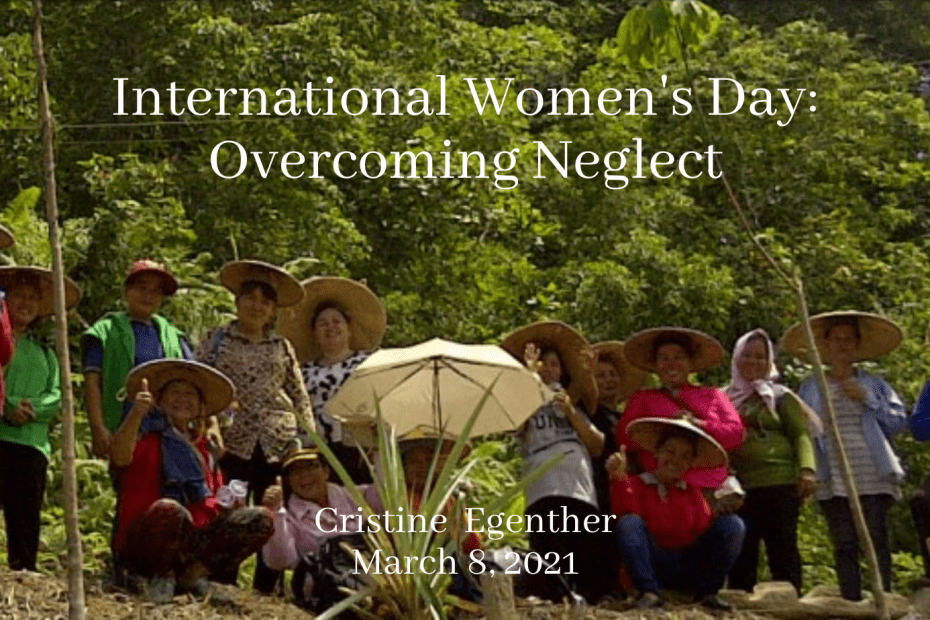Cristine Eghenter
Original article at Linkedin, March 8, 2021
.
We still need to commemorate International Women’s Day on March 8th every year. This is to both celebrate the advances in women’s equality and empowerment as well as highlight the enduring challenges in our society. It is undeniable that, on the one side, the tragic Covid19 pandemic showcased the effective leadership, capacity and political skills of women who in many countries have successfully handled the pandemic and controlled the negative consequences of such a major adversity on people and the public health system. On the other side, while more women enter the ‘first woman’ virtual list in political and business positions, still the conditions of women in rural and urban areas, Indigenous women, farmers, fishers, workers and activists still speak of still too many acts of violence, abuse and neglect of women’s economic, social, and cultural rights.
Gender equality and female empowerment are core development objectives, fundamental for the realization of human rights and key to effective, equitable and sustainable development outcomes. Women are also biodiversity defenders and custodians of nature in their own right, and in doing so they build the economic resilience of their families, help strengthen community solidarity and care for the land, waters and resources. Therefore, gender equality, recognition of women’s rights over resources, fair benefit-sharing, participation and leadership in decision-making, access to information, consultation and justice are all critical for good governance of landscapes and seascapes.
However, unequal power relations and gender stereotypes about women are still resulting in neglect of their role in the civic and public space, in economies, in knowledge building and transfer, in natural medicine, in food security and sovereignty, and many more. There is a term used in food system discourse that refers to ‘neglected crops’ or crops that have been used for centuries for food, fiber, spiritual offerings, medicinal purposes but have in more recent times been marginalized and sometimes forgotten. There are also wild foods that in spite of being edible and very nutritious, easily available, and an important basis of traditional diets, are increasingly neglected or replaced by industrial and import food. Crops and wild foods that are neglected entail that a rich body of knowledge, wisdom and experience is also marginalized and forgotten. This knowledge is often the traditions, innovations and practices of rural, local and Indigenous women who have been safeguarding local knowledge and biodiversity to strengthen the economy and culture of their community.
Many women’s voices are still overlooked by decision-makers. Many of their experiences and concerns are still neglected. Their role and contribution are not always, nor fully, recognized in policy decisions about human and economic development, budget allocations or even conservation initiatives.
A celebration like March 8th is one of the ways to break the neglect and bring more visibility to the rights and role of women for equitable and sustainable development, including conservation of biodiversity and good governance of natural resources. The recognition of, and support for, women’s solutions at all levels and capacities can increase social, economic and ecological benefits for all and contribute to the foundation of a more peaceful, prosperous and sustainable world.

photo credit: Cristine Eghenter

